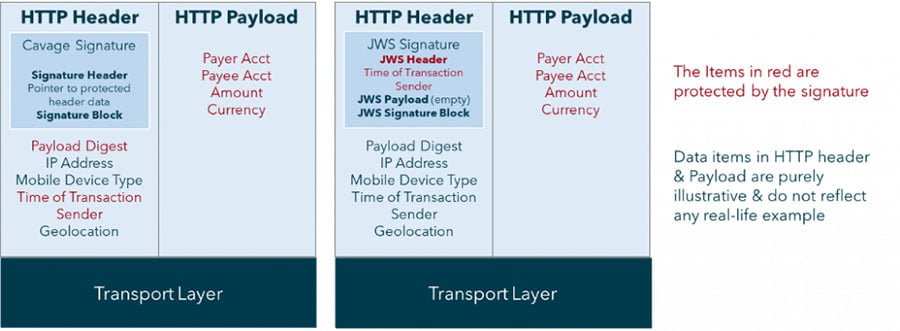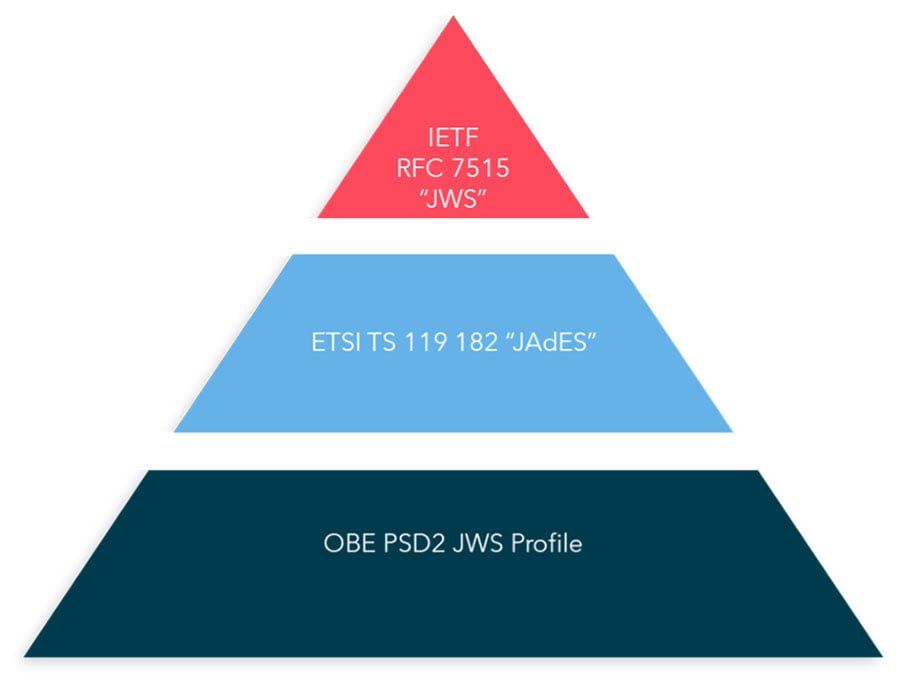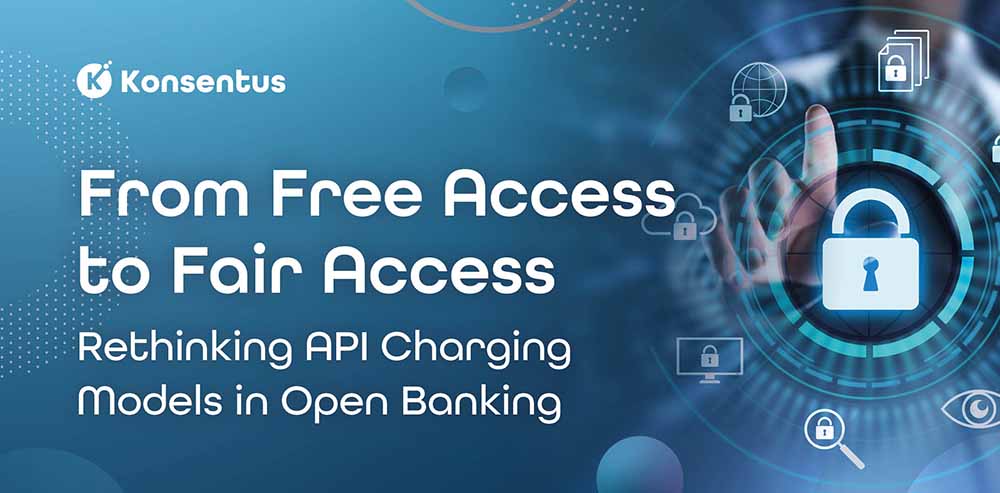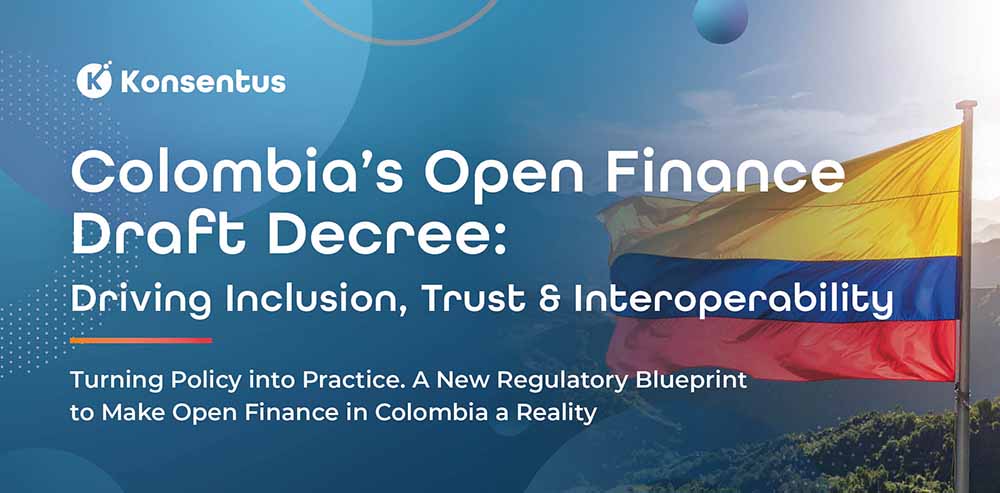Background
Under PSD2, Account Servicing Payment Services Providers (ASPSPs) are obliged to allow regulated ThirdParty Providers (TPPs) to access customer accounts via Application Programming Interfaces (APIs) that are found on developer portals. Most implementations require that the data sent across the APIs is digitally signed for security reasons. However different API communities and frameworks are suggesting a different mechanism for signing and this needs to be aligned with current practices for “Advanced Electronic Signatures” under the eIDAS Regulation (reference). This fact highlighted both by Open Banking Europe (OBE) (reference) and the European Telecommunication Standards Institute (ETSI) (reference).
Together OBE and ETSI, along with the API communities created a standardised JSON Web Signature Profile, which will allow all ASPSP to standardise the way APIs are signed, and so make them easier and safer for TPPs and the market.
Methodology
OBE brought together a group of experts from the PSD2 API communities with experts on signature formats from ETSI. The group carried out a survey of the current approaches to secure communications for PSD2 based on EU Qualified Certificates as required under the EU “regulatory technical standards for strong customer authentication and common and secure open standards of communication”.
Based on the survey results, it was agreed to produce a common specification of how to protect PSD2 payloads which brings together the JSON Web Signatures with the ability of HTTP Signatures to protect HTTP header information and is aligned with current practices under the eIDAS Regulation.
Questionnaire & Security Model
At the end of the questionnaire, the main findings were that eIDAS certificates (QSealC) are used with public-key cryptography to create digital signatures and that two alternative standards are being used : one is the Internet Draft for HTTP Signature (Cavage v10) and the other is standard for JSON Web Signatures (JWS) as defined in Internet RFC 7515. These two different protocols protected the HTTP header and payload in different ways. The main feature of HTTP Signatures (Cavage) is that HTTP header information is protected as well as the payload. This has been adopted by those requiring more than the payload to be protected. JWS was used just to protect the payload. However, JWS allowed additional attributes of the signature to be protected. This is illustrated in the following figure:

Key Requirements of the Signature
Different groups want different HTTP header elements protected. However, there are a few mandatory requirements for the signature:
- To define a single harmonised solution.
- To base the solution on an existing stable standard (i.e. JWS).
- To align the solution with the framework of the ETSI standard practices for eIDAS Advanced Electronic Signatures as being applied in the upcoming ETSI “JAdES” standard (to be ETSI TS 119 182.
- To protect the HTTP Payload.
- To protect selected parts of the HTTP header information
Relation of the OBE JWS Profile to ETSI TS 119 182 “JAdES” & IETF RFC 7515 “JWS”

The OBE PSD2 JWS profile is fully compatible with ongoing ETSI TS 119 182 JAdES standard (currently under development) which is itself compatible with the IERF FRS 7515 which is the JWS standard.




